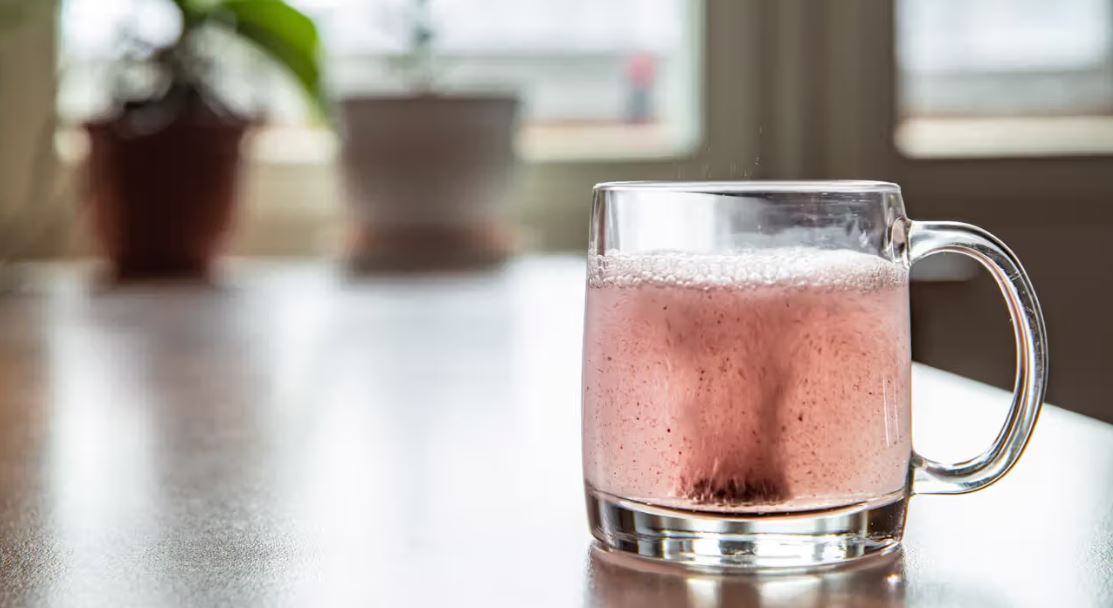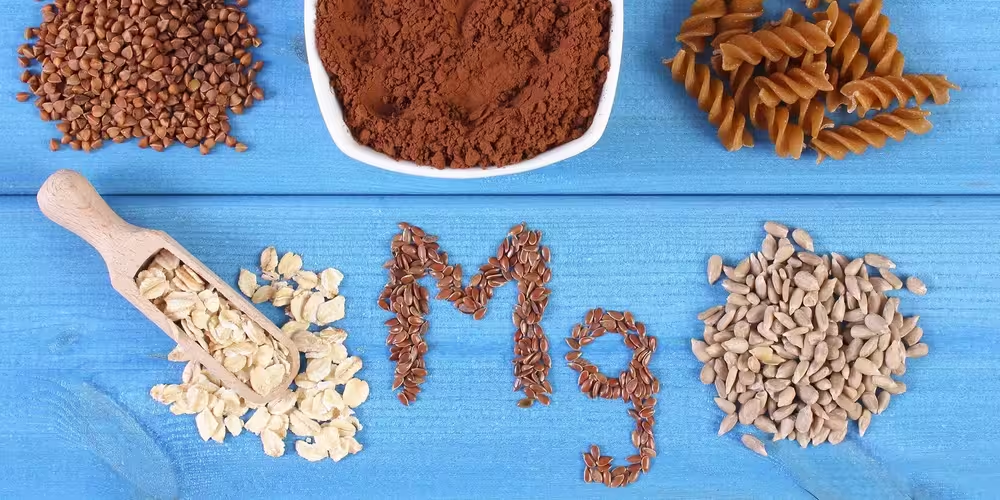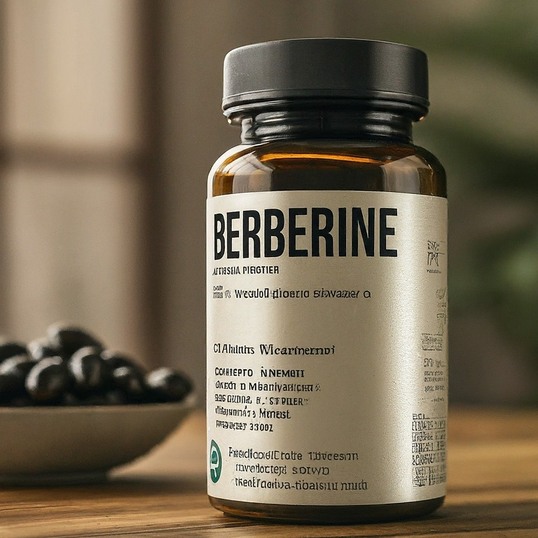A GI (Gastrointestinal) Cocktail is a combination of medications commonly used to relieve the symptoms of indigestion, acid reflux, or gastritis. It typically contains a mixture of an antacid, a local anesthetic, and an anticholinergic. The purpose of this cocktail is to alleviate discomfort in the upper gastrointestinal tract, especially for individuals experiencing chest pain or burning sensations that might be confused with heart problems. By neutralizing stomach acid and numbing the lining of the digestive system, the GI cocktail provides relief from symptoms and can help in differentiating gastrointestinal issues from cardiac problems.
Components of a GI Cocktail
There are various formulations of the GI cocktail, but the standard mix usually contains:
1. Antacid
Antacids help neutralize stomach acid, which can relieve the burning sensation caused by acid reflux or indigestion. The most common antacids used in a GI cocktail include:
- Magnesium hydroxide: Often known as “milk of magnesia,” it works by neutralizing stomach acid and is also a mild laxative.
- Aluminum hydroxide: This is another antacid that works similarly to magnesium hydroxide but can cause constipation as a side effect.
- Calcium carbonate: Commonly found in over-the-counter products like Tums, calcium carbonate neutralizes acid effectively but can cause rebound acid production if used in large amounts.
Mechanism of Action
Antacids act quickly to raise the pH level of stomach acid, reducing its corrosive effect on the esophagus and stomach lining. By making the stomach less acidic, antacids provide temporary relief from acid reflux and other digestive discomforts.
2. Local Anesthetic
A local anesthetic is used in the GI cocktail to numb the lining of the esophagus and stomach, providing relief from pain and discomfort. The most common anesthetic used is lidocaine. This anesthetic temporarily blocks nerve signals in the gastrointestinal tract, reducing the sensation of pain and discomfort.
Mechanism of Action
Lidocaine works by inhibiting sodium channels in the nerve cells, preventing the transmission of pain signals to the brain. When ingested, it numbs the gastrointestinal lining, allowing for immediate, though temporary, relief from the irritation caused by acid or inflammation.
3. Anticholinergic Agent
An anticholinergic agent is included to reduce spasms in the stomach and intestines. This helps relax the smooth muscles of the gastrointestinal tract, easing discomfort and pain. Common anticholinergic agents used include:
- Donnatal (a combination of atropine, hyoscyamine, phenobarbital, and scopolamine)
- Hyoscyamine: Used to relieve cramping and spasms in the digestive system.
Mechanism of Action
Anticholinergics block the action of acetylcholine, a neurotransmitter that causes muscle contractions. By doing so, they reduce muscle spasms and cramping in the stomach and intestines, which can be especially beneficial for individuals suffering from gastroesophageal reflux disease (GERD) or irritable bowel syndrome (IBS).
How is a GI Cocktail Administered?
A GI cocktail is typically administered orally in a clinical setting, such as an emergency room, when a patient presents with symptoms like chest pain or severe heartburn. It is given as a single dose, usually in liquid form, and patients are monitored for relief from symptoms.
Dosage and Composition
- Antacid: 10-30 mL
- Lidocaine: 10 mL of a 2% solution
- Anticholinergic agent: 5-10 mL
The specific dosage and combination may vary depending on the patient’s medical history and the healthcare provider’s preference.
When is a GI Cocktail Used?
The GI cocktail is primarily used for the symptomatic relief of gastrointestinal issues, including:
1. Acid Reflux
Acid reflux occurs when stomach acid flows backward into the esophagus, causing heartburn and discomfort. A GI cocktail can neutralize stomach acid and numb the esophagus, providing quick relief from symptoms.
2. Gastritis
Gastritis is the inflammation of the stomach lining, often caused by infection, stress, or excessive alcohol consumption. The cocktail’s antacid component helps neutralize stomach acid, while the anesthetic relieves the pain associated with gastritis.
3. Peptic Ulcer Disease
Peptic ulcers are sores that develop on the lining of the stomach, small intestine, or esophagus. The GI cocktail may help alleviate pain temporarily by neutralizing stomach acid and numbing the area.
4. Chest Pain Evaluation
Chest pain can have many causes, ranging from heart attacks to gastrointestinal issues. In some cases, doctors use the GI cocktail as a diagnostic tool to rule out GI causes of chest pain. If the cocktail relieves the pain, it’s more likely that the cause is gastrointestinal rather than cardiac.
5. Esophagitis
Inflammation of the esophagus, often due to acid reflux or infection, can cause severe discomfort. The GI cocktail’s components provide temporary relief by soothing the inflamed esophagus lining.
Benefits of a GI Cocktail
A GI cocktail provides several advantages for patients suffering from gastrointestinal distress, including:
1. Rapid Relief
One of the key benefits of a GI cocktail is its ability to provide fast relief from symptoms. The combination of antacid, anesthetic, and anticholinergic works quickly to reduce acid, numb pain, and relax the digestive tract.
2. Diagnostic Tool
In emergency settings, the GI cocktail is used not only for symptom relief but also as a diagnostic tool. If a patient’s chest pain improves after taking the cocktail, it suggests that the pain may be related to gastrointestinal issues rather than cardiac problems.
3. Non-Invasive
Administering a GI cocktail is a non-invasive treatment option that avoids the need for more aggressive diagnostic or therapeutic procedures.
Side Effects and Risks
While a GI cocktail is generally considered safe for most people, there are some potential side effects and risks associated with its use.
1. Allergic Reactions
Patients may be allergic to one or more components of the GI cocktail, particularly lidocaine. Symptoms of an allergic reaction may include hives, difficulty breathing, and swelling of the face, lips, or throat. Immediate medical attention is required in these cases.
2. Gastrointestinal Side Effects
- Constipation or diarrhea: The antacids in the cocktail, particularly aluminum hydroxide, can cause constipation, while magnesium hydroxide can have a laxative effect.
- Dry mouth and blurred vision: These are common side effects of anticholinergics like hyoscyamine.
- Stomach discomfort: While rare, some patients may experience stomach cramps or nausea after taking a GI cocktail.
3. Cardiac Concerns
Lidocaine, in high doses, can affect heart function, leading to arrhythmias. It is crucial that the dosage be carefully monitored, especially in patients with pre-existing heart conditions.
Contraindications and Precautions
Certain individuals may not be suitable candidates for a GI cocktail. The following conditions should be considered before administering this treatment:
1. Pregnancy and Breastfeeding
Some components of a GI cocktail, such as anticholinergics, may not be safe for pregnant or breastfeeding women. It is important to consult a healthcare provider before administering the cocktail to these individuals.
2. Kidney Disease
Patients with kidney disease may be more susceptible to the effects of antacids, particularly magnesium and aluminum. These substances can accumulate in the body and cause toxicity in individuals with impaired kidney function.
3. Allergies
Individuals with known allergies to lidocaine or other ingredients in the GI cocktail should avoid this treatment.
4. Drug Interactions
The components of a GI cocktail may interact with other medications a patient is taking. For example, antacids can interfere with the absorption of certain medications, such as antibiotics or heart medications.
Alternatives to a GI Cocktail
While the GI cocktail is a common treatment for gastrointestinal discomfort, there are alternative therapies that may be used depending on the patient’s condition and medical history.
1. Over-the-Counter Antacids
For mild cases of acid reflux or indigestion, over-the-counter antacids such as Tums, Maalox, or Rolaids may provide sufficient relief.
2. Proton Pump Inhibitors (PPIs)
PPIs, such as omeprazole and esomeprazole, reduce the production of stomach acid and are used to treat chronic conditions like GERD. These medications work more slowly than antacids but provide longer-lasting relief.
3. H2 Receptor Antagonists
H2 receptor antagonists, like ranitidine or famotidine, block histamine receptors in the stomach, reducing acid production. They are often used for more persistent cases of acid reflux or gastritis.
4. Lifestyle Modifications
For many individuals, changes in diet and lifestyle can significantly reduce symptoms of acid reflux or indigestion. These changes might include:
- Eating smaller meals
- Avoiding trigger foods (spicy, fatty, or acidic foods)
- Elevating the head of the bed
- Avoiding lying down after meals
Top 5 GI Cocktail Supplements
Here are five top GI cocktail supplements designed to improve digestive health and provide symptom relief.
1. Gaviscon Extra Strength Liquid Antacid
Gaviscon is a popular over-the-counter antacid that helps neutralize stomach acid and provides fast relief from heartburn and acid reflux. The liquid form of Gaviscon coats the esophagus, preventing acid from irritating the lining, which is a key component of the relief provided by traditional GI cocktails. It is especially effective for treating symptoms of gastroesophageal reflux disease (GERD).
Key Ingredients
- Alginic acid: Forms a foam barrier that prevents acid from reaching the esophagus.
- Magnesium hydroxide: Neutralizes stomach acid and works as a laxative.
- Aluminum hydroxide: Works alongside magnesium hydroxide to neutralize acid.
Benefits
- Rapid relief from heartburn and indigestion.
- Forms a protective barrier in the esophagus.
- Non-prescription and easy to use.
Recommended Usage
Take 1-2 tablespoons after meals or before bedtime, depending on the severity of symptoms. It can be used regularly for ongoing symptom management.
2. Pepto-Bismol Liquid Suspension
Pepto-Bismol is a well-known digestive aid that treats a wide variety of gastrointestinal symptoms, including indigestion, nausea, diarrhea, and heartburn. Its primary active ingredient, bismuth subsalicylate, provides relief by reducing inflammation and protecting the stomach lining, similar to the effect of the anesthetic in a GI cocktail.
Key Ingredients
- Bismuth subsalicylate: Works as an antacid and mild anti-inflammatory agent.
Benefits
- Relieves a broad range of GI symptoms, including heartburn, upset stomach, and nausea.
- Forms a protective layer on the stomach lining.
- Available in liquid and chewable tablet forms for convenience.
Recommended Usage
Take 30 mL of the liquid suspension every 30-60 minutes as needed for symptom relief, up to eight doses in 24 hours.
3. Mylanta Maximum Strength Antacid
Mylanta is another trusted over-the-counter supplement that provides quick relief from acid reflux and heartburn. Like Gaviscon, it contains both aluminum hydroxide and magnesium hydroxide to neutralize stomach acid. Additionally, Mylanta includes simethicone, which helps reduce gas and bloating, making it ideal for people experiencing multiple gastrointestinal symptoms.
Key Ingredients
- Aluminum hydroxide: Neutralizes acid and provides fast relief from indigestion.
- Magnesium hydroxide: Works as both an antacid and mild laxative.
- Simethicone: Reduces gas buildup and bloating by breaking up gas bubbles in the stomach.
Benefits
- Fast-acting relief for acid reflux, indigestion, and gas.
- Liquid form for easy consumption.
- Safe for regular use as directed.
Recommended Usage
Adults should take 2-4 teaspoons after meals and at bedtime for maximum effectiveness.
4. Digestion GB by Designs for Health
For those looking for a more natural supplement to support gastrointestinal health, Digestion GB by Designs for Health offers a blend of enzymes, bile salts, and herbal extracts that promote digestion and alleviate symptoms of indigestion. While it doesn’t contain the same ingredients as a traditional GI cocktail, its combination of bile salts and lipase can be particularly effective for individuals struggling with poor fat digestion and bloating.
Key Ingredients
- Ox bile extract: Improves fat digestion by providing bile acids necessary for emulsifying fats.
- Lipase: A digestive enzyme that breaks down fats for better absorption.
- Dandelion root extract: Supports liver and digestive health by increasing bile flow.
Benefits
- Supports healthy digestion, especially for those with gallbladder or liver issues.
- Helps reduce bloating and indigestion after meals.
- Contains digestive enzymes for improved nutrient absorption.
Recommended Usage
Take one capsule with meals to support digestion, particularly for meals high in fats or difficult-to-digest foods.
5. Iberogast
Iberogast is a herbal supplement that offers natural relief from various digestive symptoms, including indigestion, bloating, and abdominal pain. This liquid supplement is a unique blend of nine medicinal herbs that work together to soothe the digestive tract, reduce inflammation, and alleviate spasms. Iberogast has been used for decades, particularly in Europe, and is backed by clinical research for its effectiveness.
Key Ingredients
- Iberis amara: Helps improve gastric emptying and reduce indigestion.
- Peppermint leaf extract: Soothes the digestive tract and reduces bloating and discomfort.
- Licorice root extract: Provides anti-inflammatory properties and supports the health of the stomach lining.
Benefits
- Natural and effective for treating a variety of gastrointestinal issues, including functional dyspepsia and irritable bowel syndrome (IBS).
- Reduces acid reflux and spasms in the digestive tract.
- Clinically proven to provide symptom relief.
Recommended Usage
Take 20 drops in water three times daily before or after meals for maximum benefit.
Conclusion
The GI Cocktail is a valuable tool for treating and diagnosing gastrointestinal discomfort, particularly in acute care settings. Its combination of antacids, anesthetics, and anticholinergics provides rapid relief from symptoms like acid reflux, gastritis, and esophagitis.
These top five GI cocktail supplements provide effective relief from a variety of gastrointestinal symptoms, such as acid reflux, indigestion, and heartburn. While some, like Gaviscon and Mylanta, offer quick-acting relief similar to traditional GI cocktails, others, such as Digestion GB and Iberogast, provide more long-term support for digestive health. Depending on your symptoms and preferences, these supplements can be an excellent addition to your GI health regimen.
However, it is essential to consult with a healthcare provider before beginning any supplement, especially for individuals with existing medical conditions or those taking other medications.




